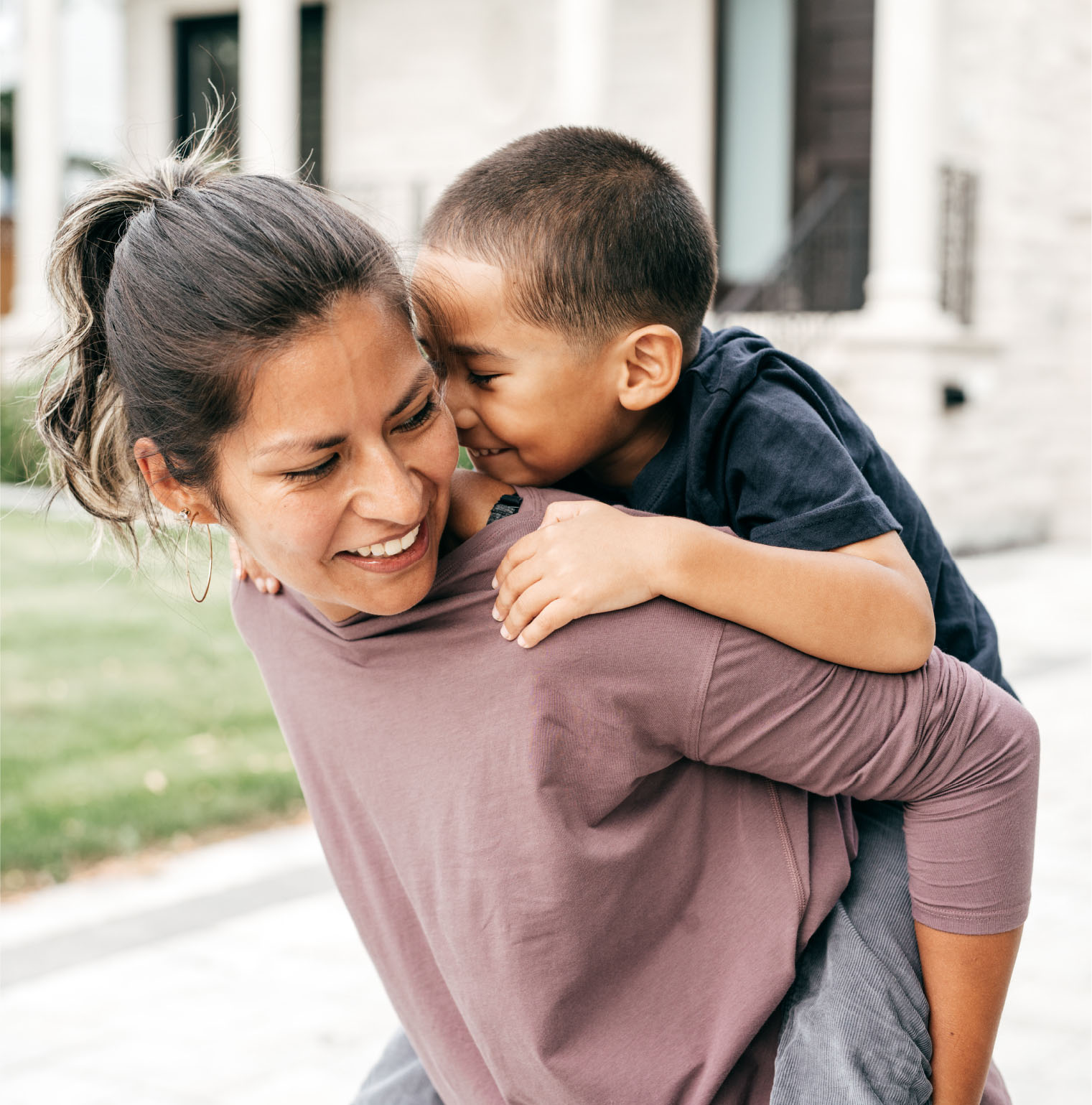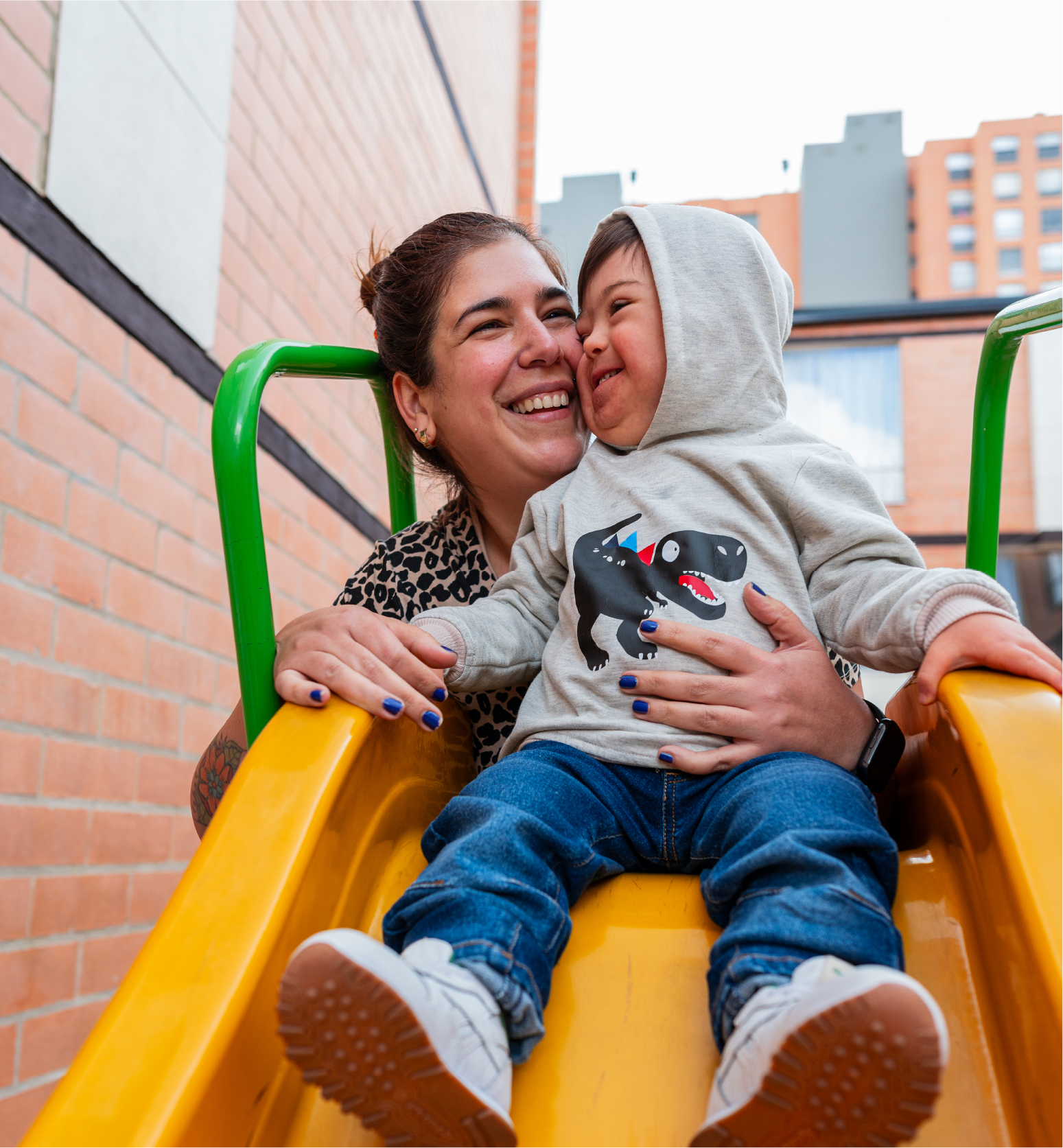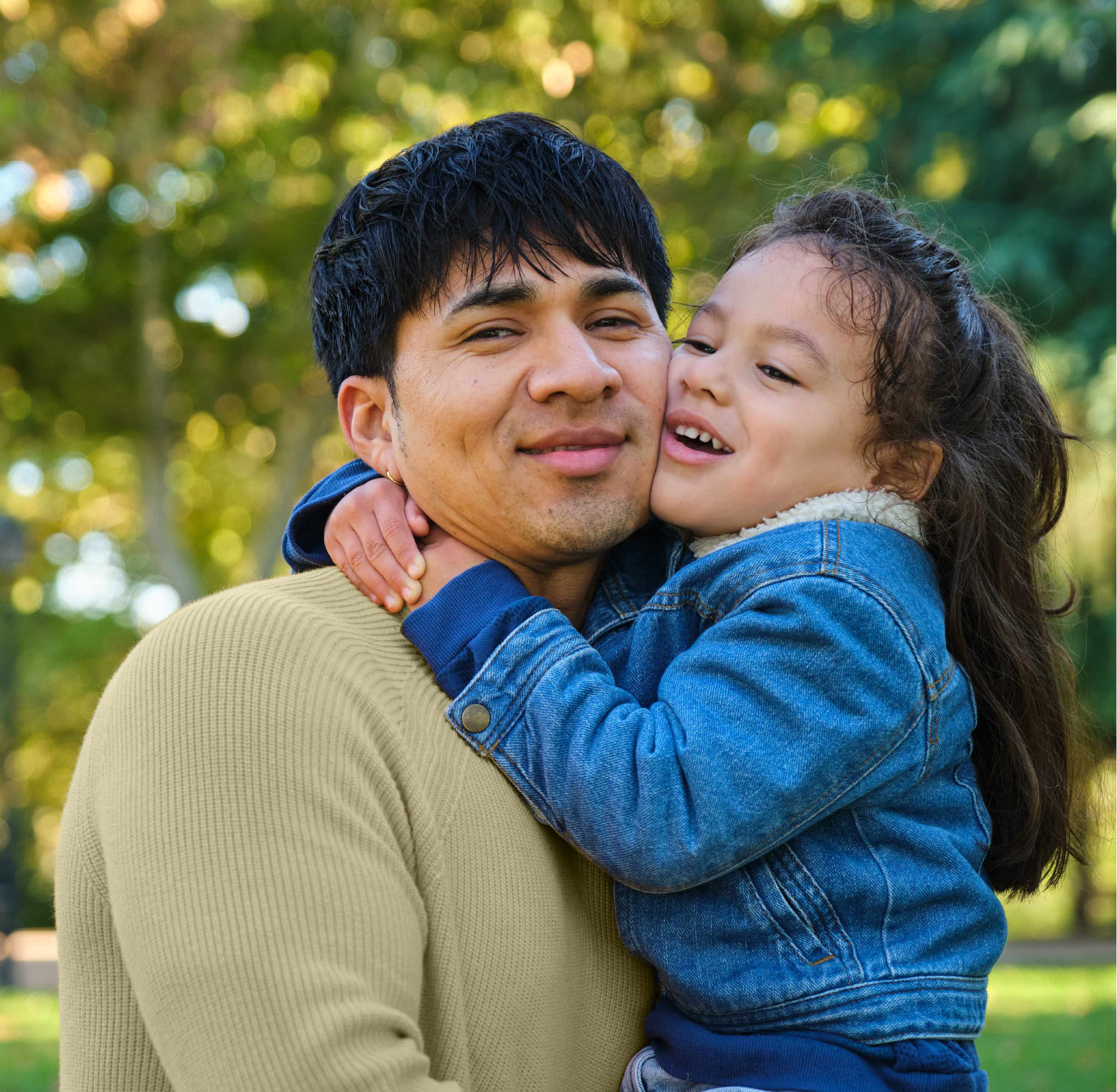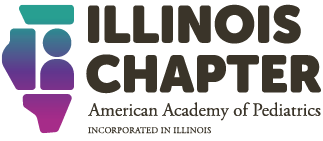Immigration Programs
Supporting Immigrant Families & New Arrivals
Children and families going through the immigration process face challenges and stressors that can prevent their access to timely and comprehensive medical care. Many immigrant families face food and housing insecurity, communication barriers, and have little to no experience navigating our health care system. Because of these barriers, immigration has become a key issue in our strategic plan to better support ALL children, their families, and the physicians who care for them.
We address these barriers through our participation in:
The Refugee/Immigrant Child Health Initiative (RICHI)
A nonpartisan and pro-child initiative spearheaded by ICAAP to better serve the needs of immigrant and refugee children and their families.
Improving Access to Care for Children of Immigrant Families (IAC)
An ICAAP initiative dedicated to reducing the proportion of individuals who are unable to obtain, or who are delayed in obtaining, necessary medical care, dental care, or prescription medicines.
The Midwest Human Rights Consortium (MHRC)
Formerly a project of ICAAP, MHRC is a referral network of multi-institutional and interdisciplinary professionals who perform trauma-informed forensic evaluations for individuals seeking asylum in the U.S.
Provider Resources on Immigration
Resources for Health Care Providers
Working with New Arrivals
Navigating Vaccine Gaps
Key information on international vaccine requirements and guidance on how to assess new arrival patients, share important vaccine information, and ways to develop long-term care plans.
Resources to Share with
New Arrivals & Immigrant Families
Communicating with Patients in a Culturally Sensitive Way
Four communication tips to consider when working with new arrival patients.
Language Interpretation Services
Print and share this flyer with important information on medical appointment interpretation services and guidance for those seeking medical care in Illinois.
AAP Resources Page
Family Support Hotline
Family Support Hotline in English/Spanish/Korean/Polish
Vaccine Program
CDC resource on the Vaccination Program for U.S.-bound Refugees and Visa 93 (V93) Applicants
Get Care Illinois
A community-facing website in 5 launguages, including an Immigrant Health webpage, to help you get healthcare coverage if you need it. If you already have healthcare coverage, this site will help you understand how to use your coverage to go to the doctor.
Refugee Health
CDC resource on Refugee Health Domestic Guidance
Health CPS Hotline
"Ask Where" Handout
Print and share this flyer with important information outlining how and why to ask where a patient was born.
Find A Health Center
A community-facing website with a map of all the health clinics in the state of Illinois, which are all available regardless of immigration status.
Enrollment Assisters
HelpHub is a free online community where enrollment assisters in Illinois share their experiences, ask questions and troubleshoot problems they're having helping consumers enroll into heath care options. HelpHub experts answer questions on immigrant eligibility for public benefits.
Illinois Benefits and Programs
Poverty Law
Key information on access to good quality yet affordable health care.
Healthcare Resources for Immigrants and Refugees
Key information on health programs available to immigrants in Illinois.
IFRP Hotline
IFRPs work with immigrant families on public benefit applications
The Refugee/Immigrant Child Health Initiative (RICHI)
Educate healthcare providers to assess the medical, legal, and social needs of newcomers and create immigrant-friendly healthcare spaces in Illinois
Gather resources for healthcare providers to assist their patients with behavioral health, legal, and community organization referrals to coordinate care of children and families
Provide education and quality improvement opportunities for pediatricians working with refugee and immigrant populations
Inform physicians about opportunities to advocate for legislation and policies that benefit children
Connect with community and legal organizations to assess the medical needs of target populations


Improving Access to Care for Children of Immigrant Families (IAC)
Supported through the AAP Healthy People 2020 Grant Programs for Global Health, the pilot project addresses the Healthy People 2020 AH-6 objective of reducing the proportion of individuals who are unable to obtain or delay in obtaining necessary medical care, dental care, or prescription medicines.
Project Aim
Assist practices in creating more immigrant-responsive health care environments
Equip pediatricians and other health care providers with knowledge and resources to improve access to care for children in immigrant families
Seek to prevent disruptions in care resulting from recent changes in federal immigration policies that have engendered fear among immigrant families
Promote inclusiveness in health care spaces
Practice Intervention
Two changes in practice
Develop a relationship with at least one legal/immigrant family resource organization for patient referral
Encourage immigrant-serving organizations to make referrals to a medical home
The Midwest Human Rights Consortium (MHRC)
Launched in 2019 by ICAAP’s Refugee Immigrant Child Health Initiative, the Midwest Human Rights Consortium (MHRC) is a referral network of multi-institutional and interdisciplinary professionals who perform trauma-informed forensic evaluations for individuals seeking asylum in the U.S. MHRC is currently housed within the Coalition for Immigrant Mental Health.
Referring Clients to MHRC
For attorneys interested in referring clients to MHRC for medical or psychological forensic evaluations, please visit the new MHRC website to complete our standard referral form. Upon submission of your request, MHRC will forward all essential case information to its network of trained evaluators and keep you updated as your case is placed.

